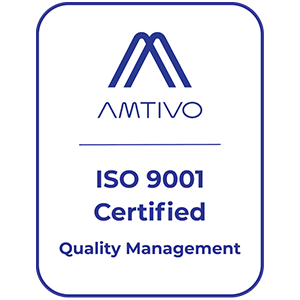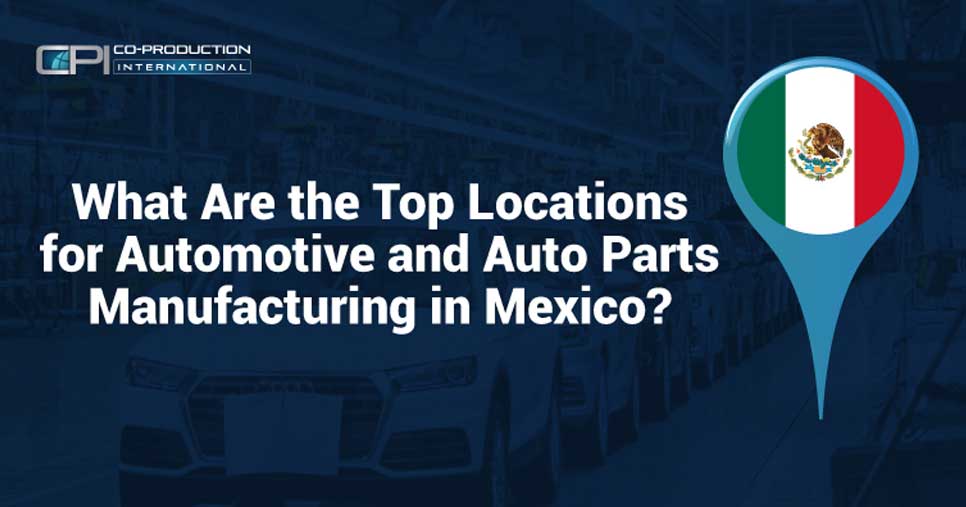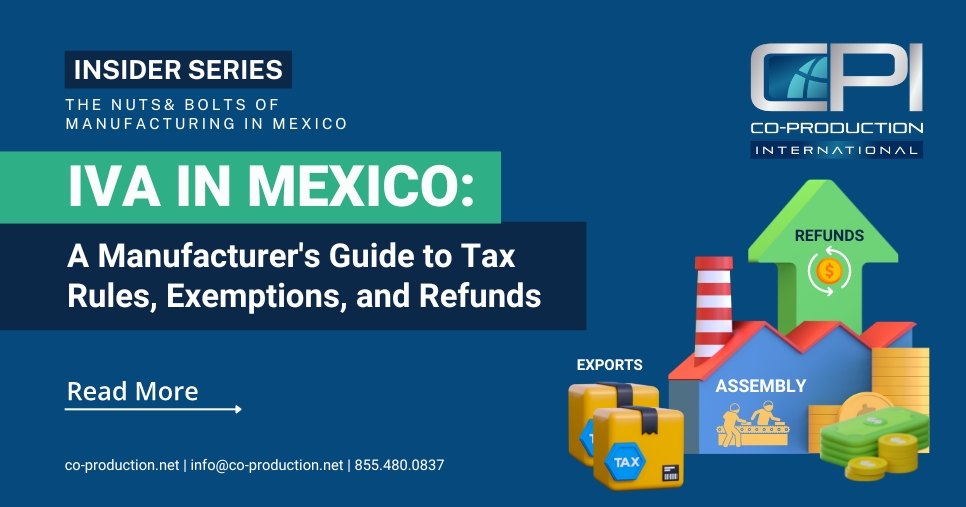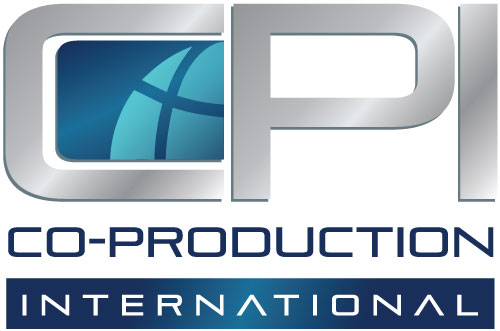Mexico’s efforts to develop its economy have made it one of the world’s top 10 car-exporting nations. NAFTA was one of those efforts. A worker screws a wheel of a car in a Nissan factory in Aguascalientes in 2014. Ginnette Riquelme - MCT
While nations can untangle themselves from past international trade pacts, it is as impossible to return a previous “normal” as to unscramble an omelet. A nation can return its own laws to the exact legal situation that prevailed before some treaty, but it cannot change policies on the other side of the agreement.
Nor can it undo actions taken by private businesses in reaction to a newly renounced pact. In economic terms, it is just as impossible to return fully to what diplomats call the “status quo ante” as it is to reconstitute bits of scrambled yolk into an egg.
Readers have asked what will happen if the United Kingdom actually exits the European Union or if the United States repudiates the
North American Free Trade Agreement. The answer is that laws can revert to what they were, but the economies will never be the same.
The U.K. faces the more immediate challenge of the two — and one that is orders of magnitude greater in economic importance. Last month’s referendum does not legally force its government to withdraw, but politically it will be hard for any U.K. party to ignore the results.
Advocates of “Brexit” implied that their country could maintain its current free trade relations with the other 27 EU members while shedding any onerous business or tax regulations and ending flows of money from the U.K. to the EU. But what will actually happen depends on complex negotiations between their country and the Union.
Continued favorable trade access is possible. When the EU first was formed, other European countries that remained on the outside formed a free-trade area. These included the U.K., all of Scandinavia, Austria, Switzerland and Portugal. They reduced barriers to trade among themselves nearly to zero, but unlike the EU itself, did not adopt common external tariffs for imports from the rest of the world. This was particularly important for Britain, which still imported large quantities of food from Australia and New Zealand.
This EFTA has shrunk as members joined the EU itself. But the remaining ones, notably Norway and Switzerland, enjoy near-open trade access to the EU. Britain may revert to this status, though there is no contractual reason why the Union must grant it.
Moreover, services are more complicated than merchandise trade. London is an enormous center of finance. Many international financial firms base their European operations there. But other cities covet that business, and there is no certainty London’s access to the continent will continue unchanged.
U.S.-Mexico trade is simpler. Donald Trump calls for abolition of NAFTA and imposition of 45 percent tariffs on imports from Mexico, along with a 35 percent on those from Canada. However, abolishing the agreement and levying tariffs are two separate issues.
If Congress acted, we could repudiate the NAFTA treaty, first signed by President George H.W. Bush in 1992. From the U.S. side, that would return Mexico to the trade status it had 25 years ago. It would simply be one of many nations in the World Trade Organization.
That would return U.S. tariffs on imports to a pre-NAFTA average of 3 percent. Those tariffs were not a major barrier to Mexico’s exports before 1993 and would not be now.
To legally impose the promised 45 percent levels on Mexican imports would require applying them to those of all other WTO members. That would be U.S. repudiation of a key organization we helped found 70 years ago. It would be a U-turn unprecedented in U.S. history.
Moreover, no U.S. president or Congress can force Mexico to change its own policies. The overlooked reality is that our country made very few changes when it entered NAFTA. Most change was on the Mexican side, consolidating an economic-opening process begun decades earlier. The
“maquiladora” program favoring
manufacturing in Mexico for the U.S. market came 30 years before NAFTA.
Mexico made many other changes to its laws to help U.S. companies expand their operations there. These changes were not made at U.S. insistence. Rather, they were an initiative of the Carlos Salinas administration to reform the Mexican economy and open it to the world. NAFTA was a device to cast these changes in an international treaty so that it would be harder for any subsequent Mexican government to reverse them.
At its core, NAFTA was a U.S. administration helping a friendly Mexican administration achieve domestic political objectives. American withdrawal would not mean Mexico would return to its hostile treatment of foreign firms first adopted in the 1920s. With U.S. tariffs boosted all the way back to 3 percent and Mexico still welcoming foreign business, abolishing NAFTA would not change much.
The broader problem of withdrawal from the EU or NAFTA is not government policy. It is that private firms have made investments over 43 years in the case of the EU and 24 years in the case of NAFTA. Companies were bought, factories built, offices opened, sales and distribution chains constructed. These private investments are now “facts on the ground.” They are “sunk costs” in economic terms.
We can change laws, but these investments create enormous political and economic inertia.
Could Trump persuade Congress to repudiate NAFTA? Perhaps.
Would returning to 1980s tariffs change where U.S. auto companies now manufacture? No. Raising tariffs to the 35/45 percent Trump calls for would indeed reduce imports from Canada and Mexico. That also would be a devastating blow to North American auto production and other industries.
It will never happen.
Source: Idaho Statesman
By: Ed Lotterman




.png)







